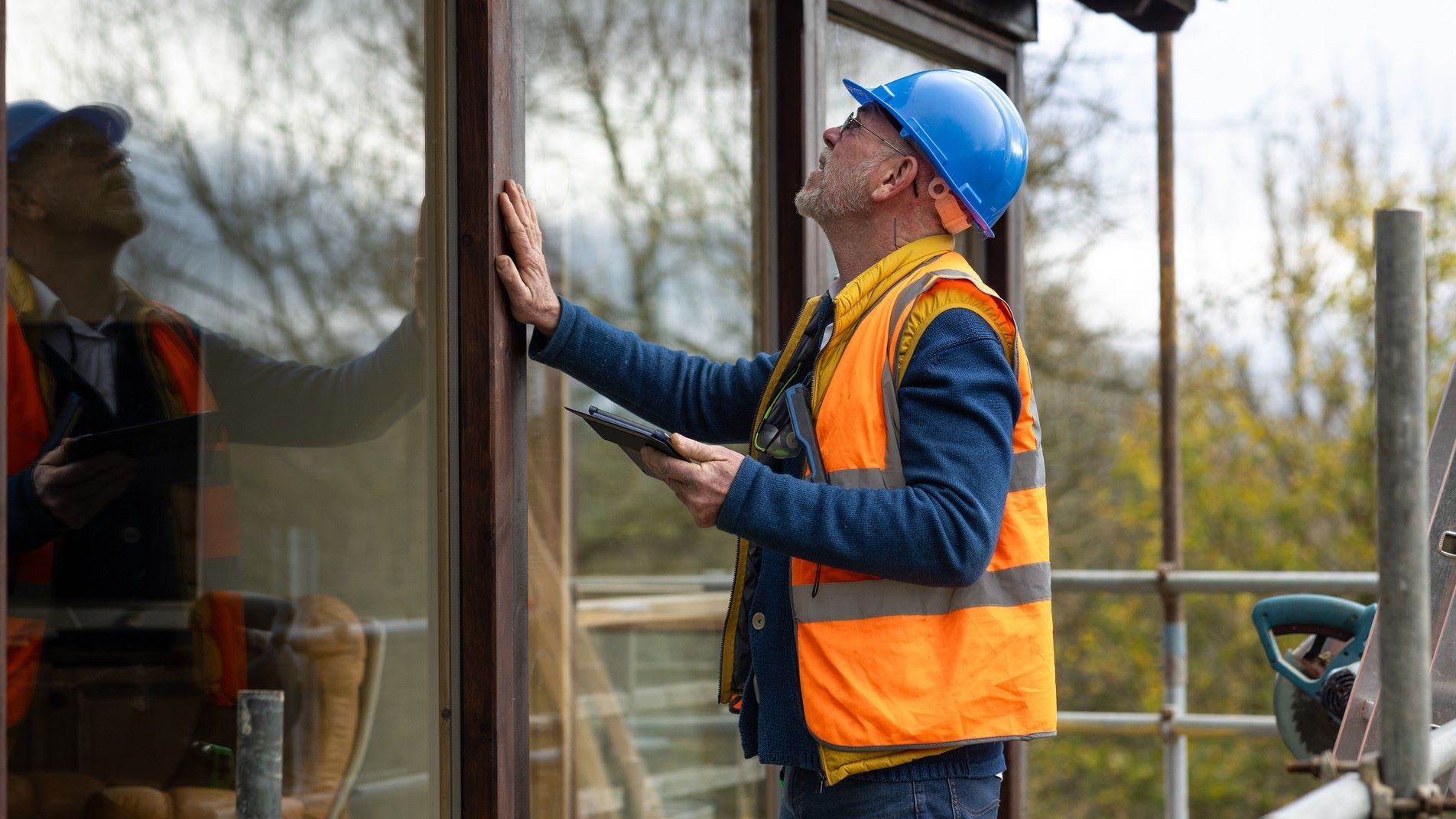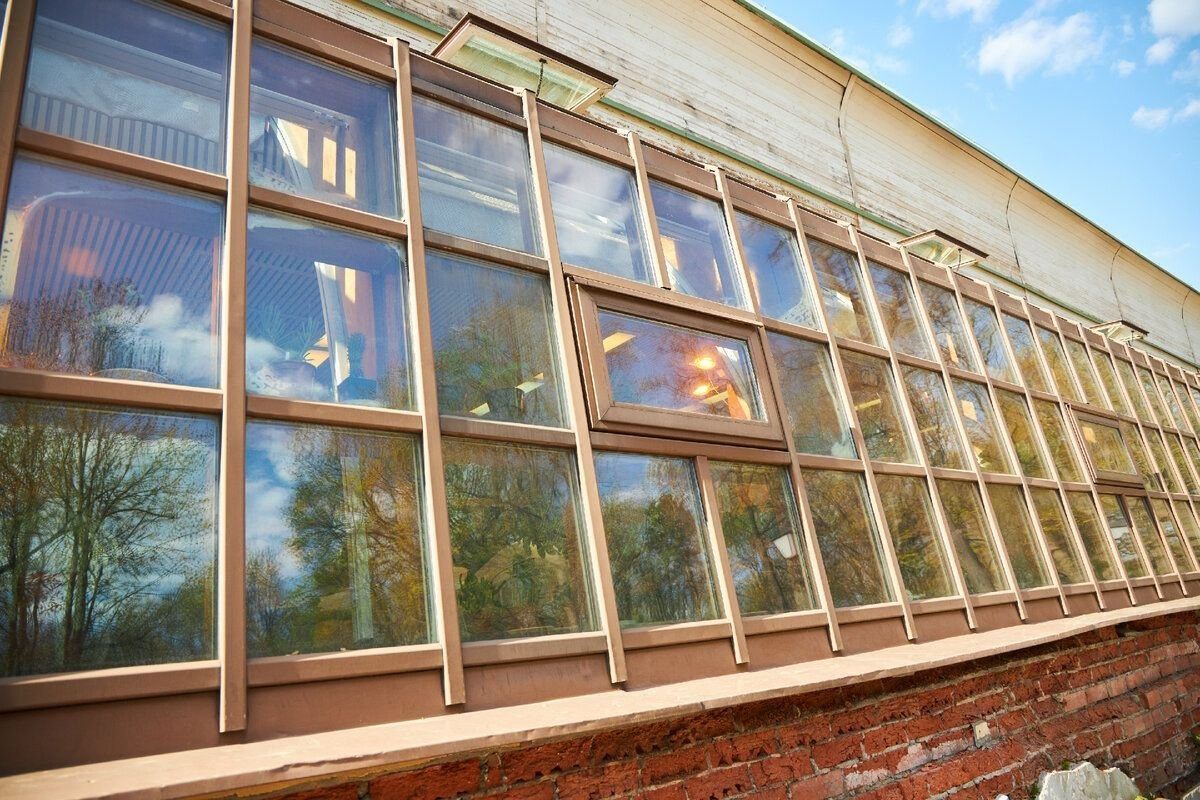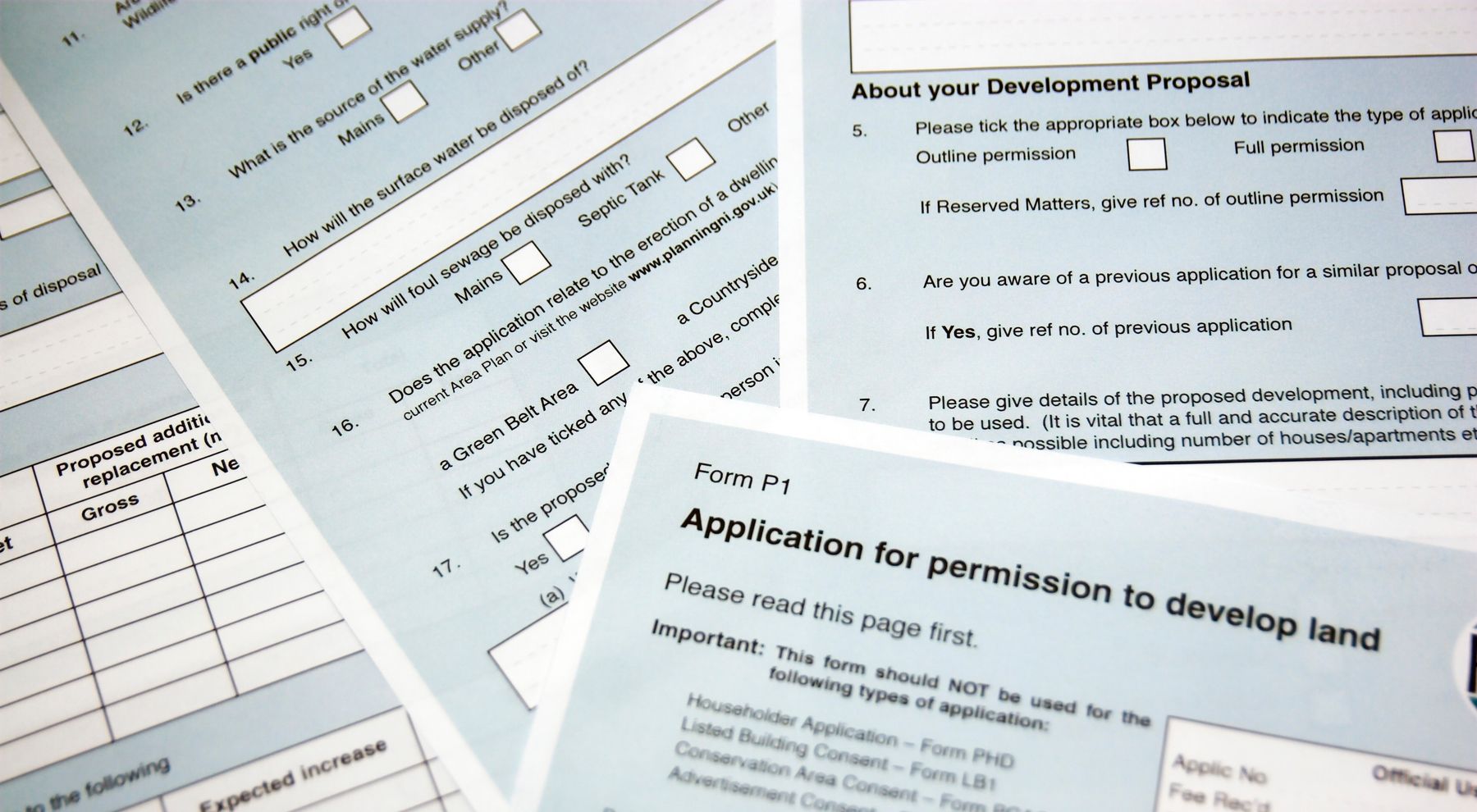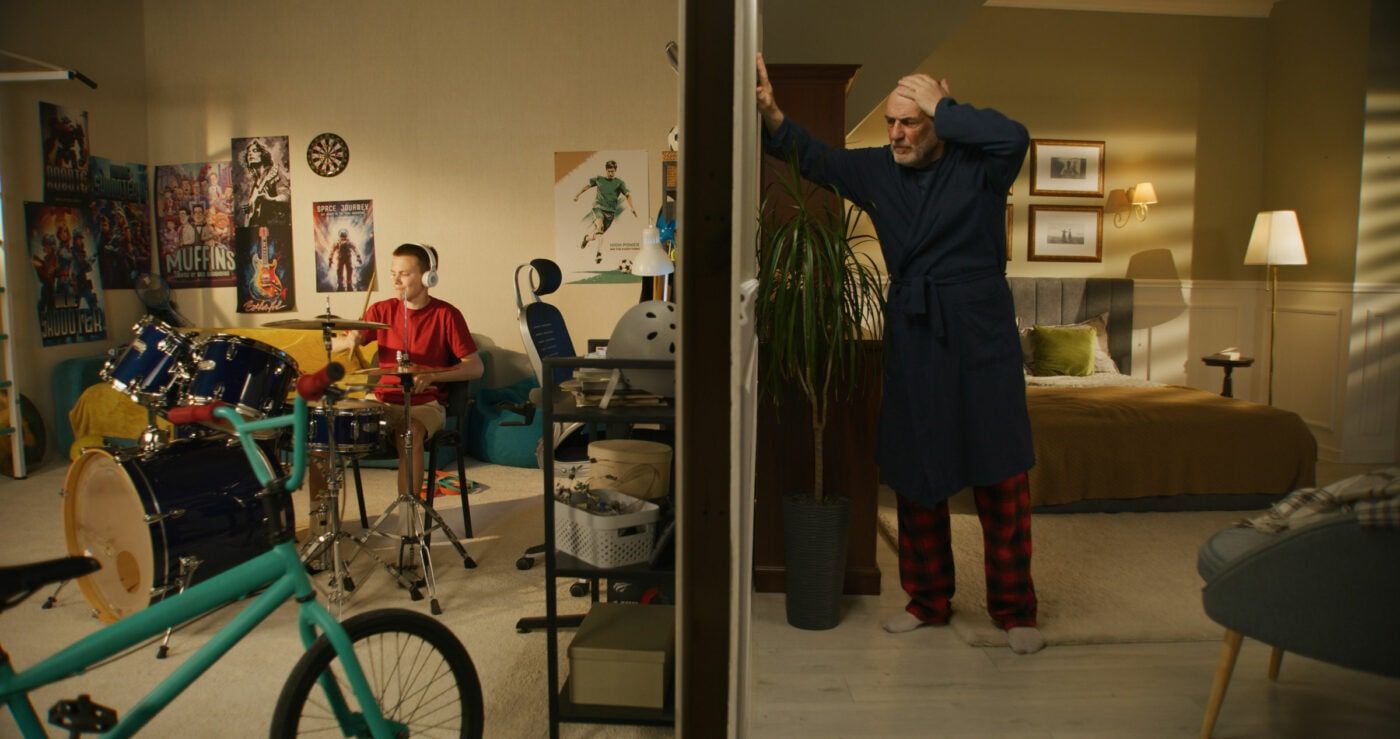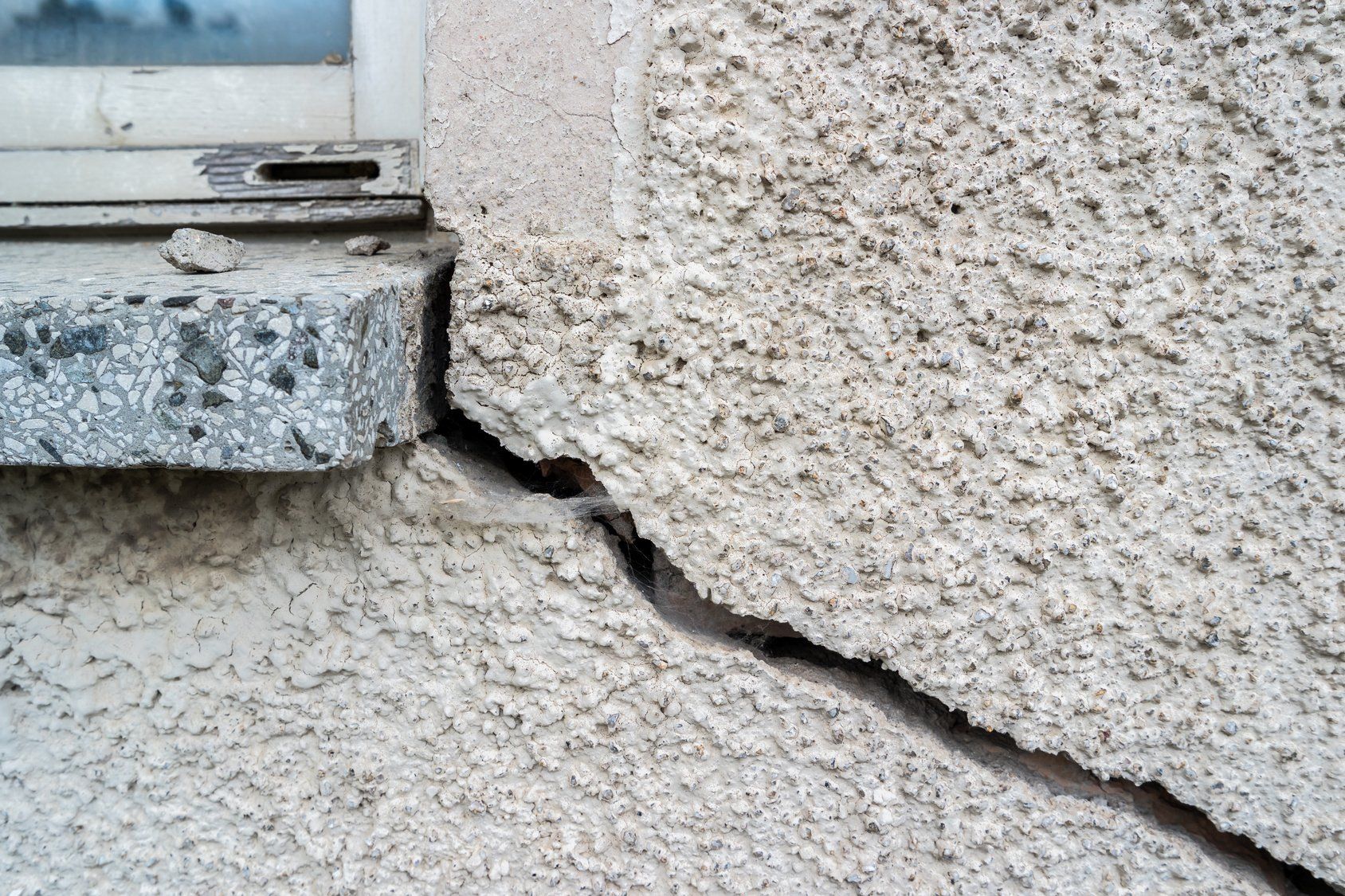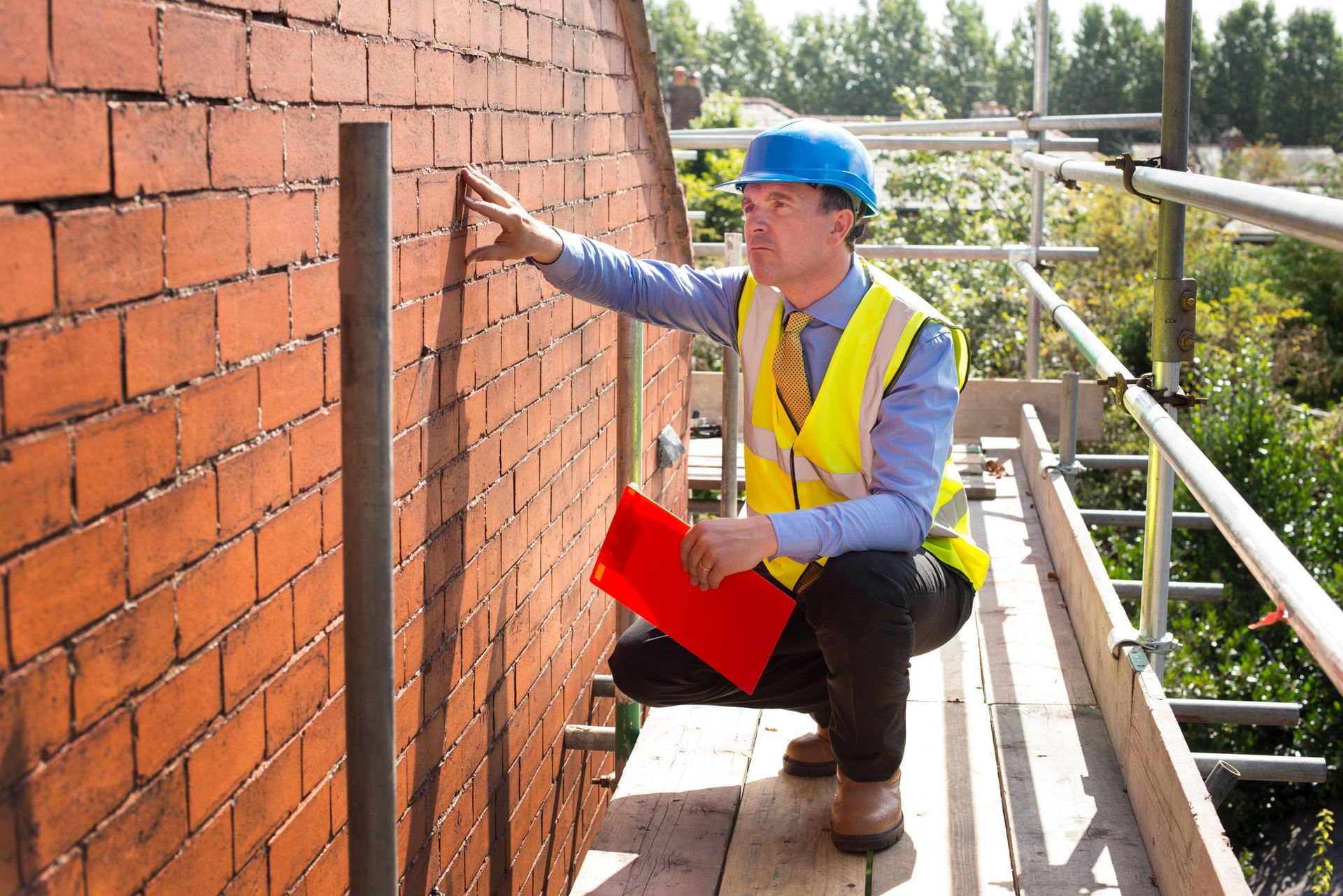Some of the Most Common Landlord and Tenant Disputes
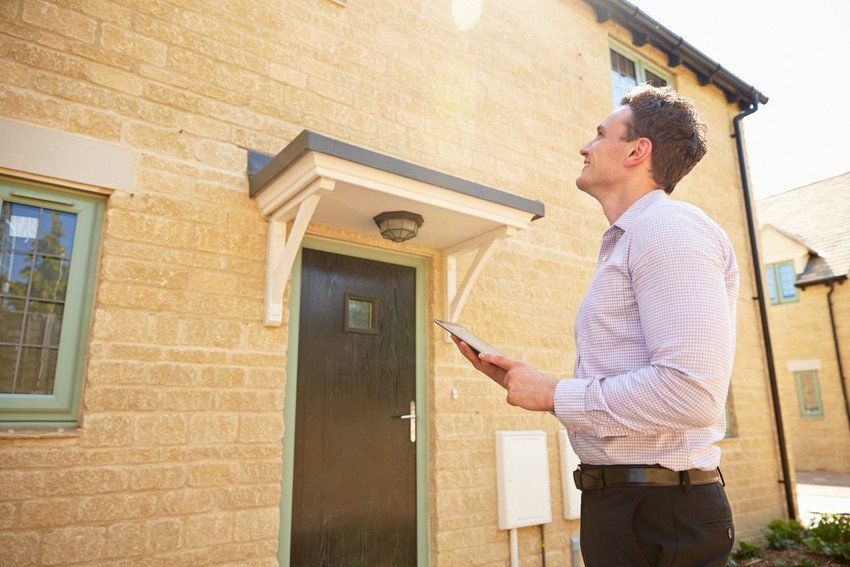
A positive relationship between a landlord and tenant can at times be tricky to maintain due to the possibility of opposing views, meaning disputes between both parties are becoming fairly commonplace for a lot of us. Understanding the challenges you may face and establishing the best way to avoid or resolve them ensures that your role as a landlord is as straightforward, stress-free and enjoyable as possible.
In this blogpost we outline to you some of the most common landlord disputes and various strategies for avoiding these kinds of situations yourself.
Keeping the property clean and tidy
Tenancy agreements usually outline a clause which explains the tenant’s responsibility for keeping the property clean and orderly. Landlords will frequently take pictures of the property in its original state to ensure that the tenants leave it in the same condition when they vacate.
If the tenants leave the property in an unacceptable condition, the landlord is within their rights to withhold the original deposit and use these funds for repairs or cleaning services. If however the deductions to the deposit are unfair and unjust, tenants can get advice from legal professionals.
A tenant should ask for the landlord’s permission before using screws, nails or any other fixtures that may damage the property. It is solely the decision of the landlord as to whether these will be allowed in the property.
Should the tenants make any significant changes to the property without the permission of the landlord they may be liable to pay for the repair any damage. Any damage to the property that is the fault of the tenant or the fault of reckless and irresponsible behaviour will also be the tenant’s responsibility to get it fixed.
If you are renting your property to either one tenant, joint tenants or a family with one singular tenancy they are responsible for paying the council tax. Nevertheless, if you are renting to multiple tenants with separate tenancy agreements such as HMOs or students, it is your responsibility as their landlord to pay the council tax.
With over 5 millions homeowners owning pets in the UK today, it is not surprising that an increasing number of tenants are taking their beloved pets into rented accommodation with them. Moreover, a landlord has the legal right to decide whether you will allow animals on your property. Provided this is stated in the contract, the tenant must abide by these and will be in breach of the tenancy contract should they not follow the terms. If your tenant requires a service animal such as a guide dog, you will need to outline or confirm that this is permitted in their contract.
Here at Simon Levy, we recognise the importance of tenant and landlord relationships and providing good solid dispute services to assist you in terms of risk management and dispute avoidance and resolution. Get in touch with us to find out more about what we can offer you.

